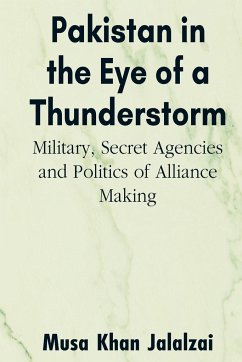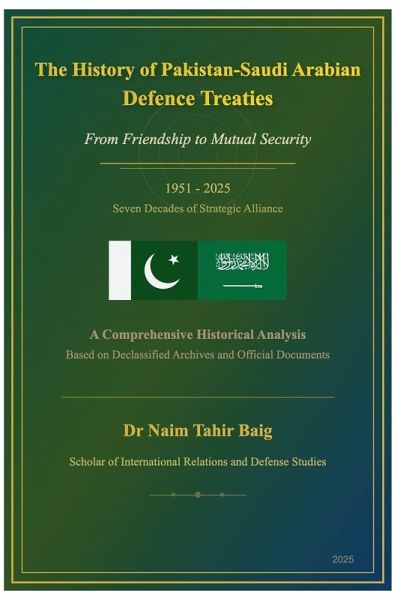
The History of Pakistan-Saudi Arabian Defence Treaties
From Friendship to Mutual Security
Versandkostenfrei!
Versandfertig in 1-2 Wochen
51,99 €
inkl. MwSt.

PAYBACK Punkte
26 °P sammeln!
Book Description The History of Pakistan-Saudi Arabian Defence Treaties: From Friendship to Mutual Security presents the first comprehensive academic examination of one of the most significant yet understudied strategic partnerships in contemporary international relations. Drawing on declassified diplomatic archives, official treaties, and contemporary analyses, Dr. Naim Tahir Baig chronicles the remarkable evolution of Pakistan-Saudi defense cooperation from the foundational 1951 Treaty of Friendship to the watershed Strategic Mutual Defense Agreement signed on September 17, 2025. This meticu...
Book Description The History of Pakistan-Saudi Arabian Defence Treaties: From Friendship to Mutual Security presents the first comprehensive academic examination of one of the most significant yet understudied strategic partnerships in contemporary international relations. Drawing on declassified diplomatic archives, official treaties, and contemporary analyses, Dr. Naim Tahir Baig chronicles the remarkable evolution of Pakistan-Saudi defense cooperation from the foundational 1951 Treaty of Friendship to the watershed Strategic Mutual Defense Agreement signed on September 17, 2025. This meticulously researched work reveals how two nations, bound by Islamic solidarity and shared strategic imperatives, forged an enduring alliance that has withstood the test of time, ideology, and geopolitical upheavals. From Pakistani troops securing Saudi borders during the 1960s Yemen Civil War to the deployment of elite Special Services Group commandos during the 1979 Grand Mosque siege, from the massive troop deployments of the 1980s Iran-Iraq War period to the historic nuclear-backed mutual defense pact of 2025, this book illuminates the depth and complexity of bilateral military cooperation that has shaped regional security architecture for seven decades. The author provides unprecedented insight into key turning points, including the 1967 Defence Cooperation Agreement that institutionalized military training programs, the 1982 Bilateral Security Cooperation Agreement that formalized intelligence sharing and rapid response mechanisms, and the recent 2025 pact that explicitly extends Pakistan's nuclear capabilities under a mutual defense umbrella-marking the first such arrangement between an Arab Gulf state and a nuclear-armed partner. Through careful analysis of primary sources, including UN Treaty Series documents, diplomatic cables, and joint statements, the book demonstrates how pragmatic Islamic solidarity evolved into institutionalized strategic deterrence with global implications. Written for scholars, policymakers, and students of international relations, Middle Eastern studies, and South Asian security, this volume fills a critical gap in the literature while providing essential context for understanding contemporary geopolitical realignments. As regional powers reassess their security arrangements in an era of declining American hegemony and rising multipolar competition, the Pakistan-Saudi model offers crucial insights into alternative alliance structures and collective security arrangements that may define the future of international relations.





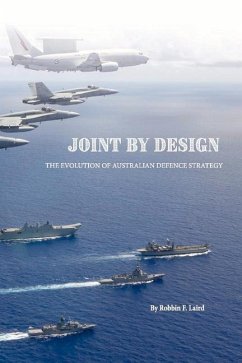


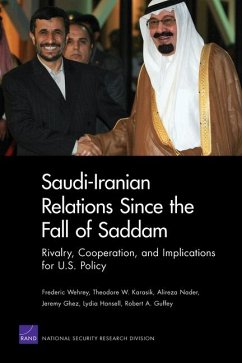
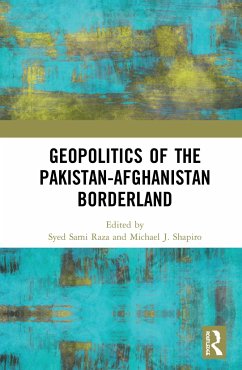
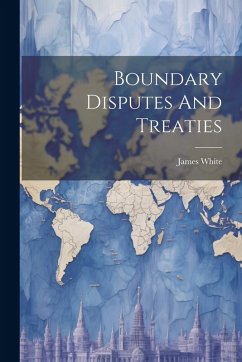
![Treaties Between Her Majesty the Queen and Foreign Powers [microform] Cover Treaties Between Her Majesty the Queen and Foreign Powers [microform]](https://bilder.buecher.de/produkte/65/65636/65636680n.jpg)
